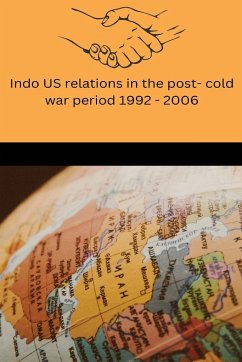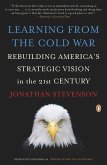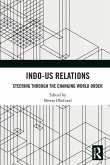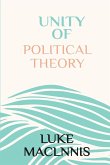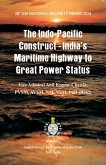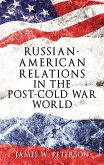Indo-U.S. relations constitute important and influential relations in this world politics. It influences not only the U.S.-Pakistani and the Sino-Indian relations to a great extent; 'Indo-U.S. relations in the post-Cold War period (1992-2006)' has been the title of the present dissertation. Beginning against the back ground of the U.S.-Pakistani Arms Assistance Agreement of 1954, the Indo-U.S. relations had witnessed many ups and down in the following years. For example, there had been flourishes in Indo-U.S. relations in the early years of 1960s under the Kennedy Administration. This ascent in relations continued until the mid 1960, when the U.S. changed its South Asia policy and adopted a balanced relationship vis-à-vis India and Pakistan in the subsequent years until 1970. The Seventies saw a pro-Pakistani tilt in the context of the Bangladesh crisis, Indo-Pakistani War (1971) and the developing Sino-U.S. detente in the 1970s. The Seventies decade, thus, saw India and the USA antagonized towards each other. The Eighties witnessed India, rejecting the anti-U.S. policy of the 70s and giving more attention in the development of its relations with the U.S. in lieu of the USSR.
